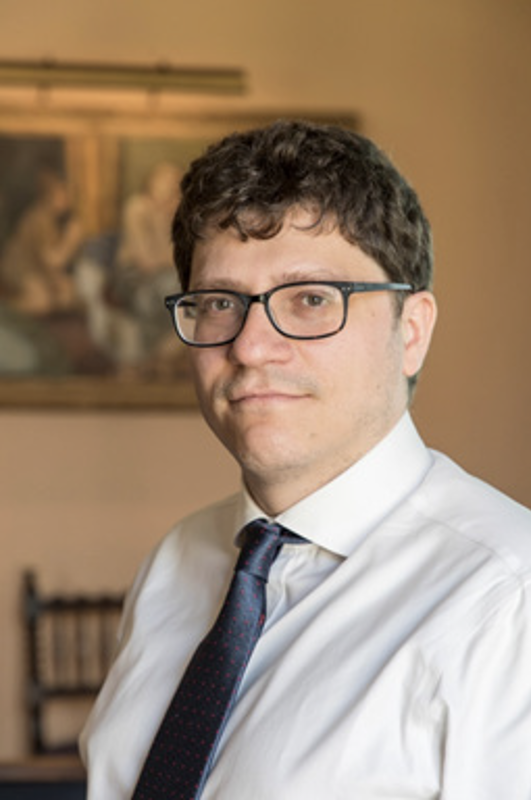GCC economies face a balancing challenge between domestic and foreign investments of their sovereign investment vehicles. While natural resources related income and investment returns are decreasing, the demand towards domestic deployment of capital and development is increasing in order to sustain growth. Prices of assets and securities in international markets have risen much in the last decade, as such the sovereign investment vehicles’ expectations on future returns remain low while at the same time demand for capital to finance domestic infrastructure projects remains high. This also represents an opportunity to implement some reforms to generate growth and jobs in the long term without losing the focus on maintaining and expanding fiscal savings managed by the sovereign funds and development banks.
3 DAYS / 12 Workshops
MORE THAN 300 ACADEMIC PAPERS
GCC countries are continuing to adjust to lower oil prices. Although the governments have
reduced the spending, fiscal and external accounts have deteriorated, hence generating
financing needs. Economies are still growing, but at a much lower pace. This is not
surprisingly since the global growth environment is fairly negative as well. Furthermore,
sectors that in the past were the main drivers of growth such as retail, real estate, shipping
and banking are now struggling because of changes in consumer habits, new technologies
and stricter regulations. In particular new technologies such as AI have the potential to
disrupt old models without creating too many jobs. In addition, GCC are not only facing
economic and financial challenges. In terms of security, the region is experiencing high
levels of violence and uncertainty that likely are not going to decrease anytime soon.
Taking into consideration the above context, we propose a workshop with the aim of
examining the optimal role of sovereign investment vehicles – SIVs - (e.g. sovereign
wealth funds, central banks, development banks) in catalyzing capital flows and domestic
resources for the purpose to improve the welfare of the states and pursue geopolitical
strategic interests.
This workshop compares and analyses critical dimensions, such as SIV’s national policy
frameworks and broader asset allocation, to assess the processes of fiscal re-adjustments
and the potential for reducing or exaggerating existing inefficiencies (e.g. avoiding
duplications and crowding out). Thereby it will link directly with the research on political
economy of public enterprise in the MENA region through a comparative perspective,
especially given GCC SIVs large exposure to domestic state- owned enterprises. Finally,
the workshop will look at how foreign investments can support national strategic interests.

